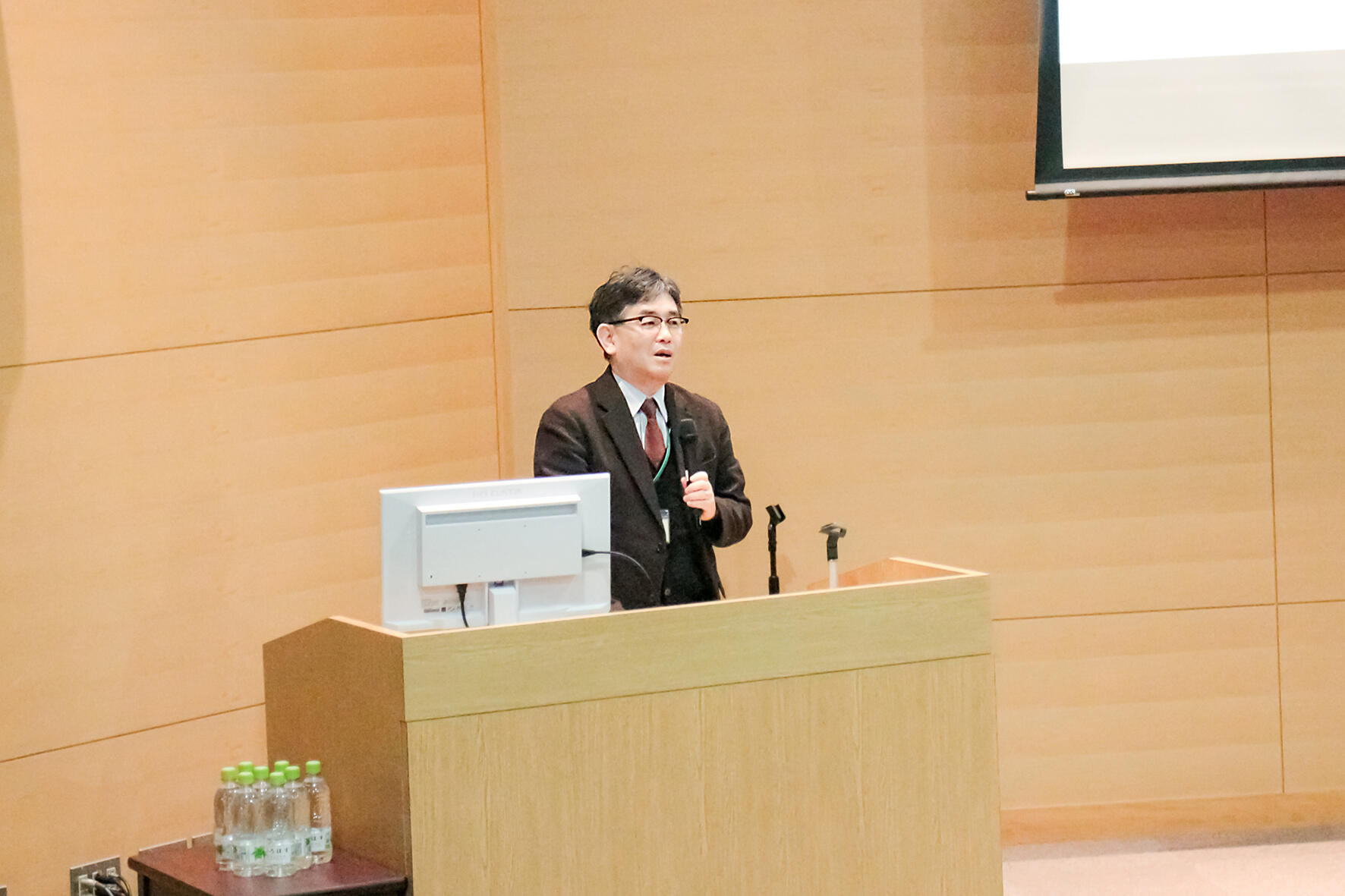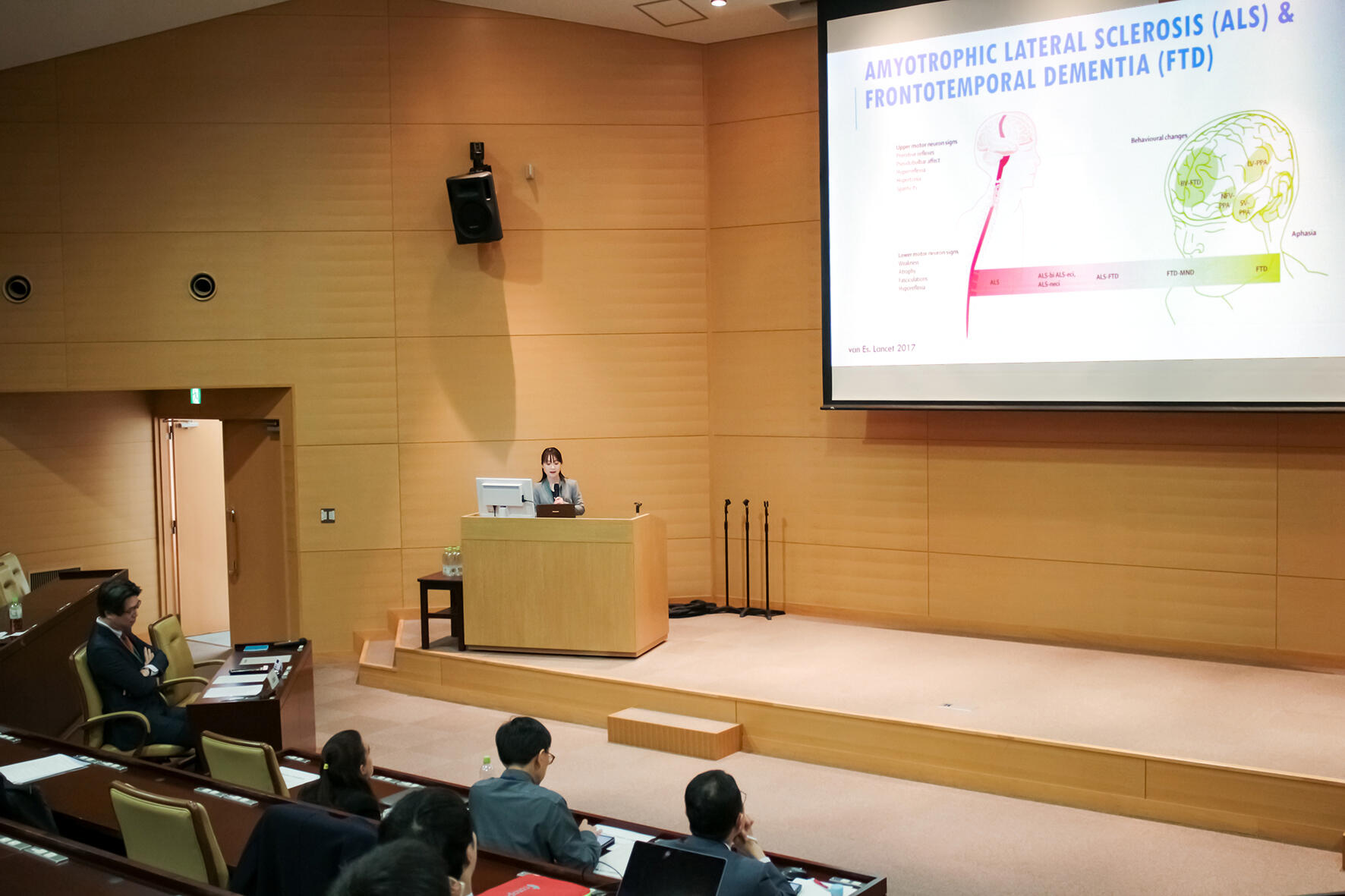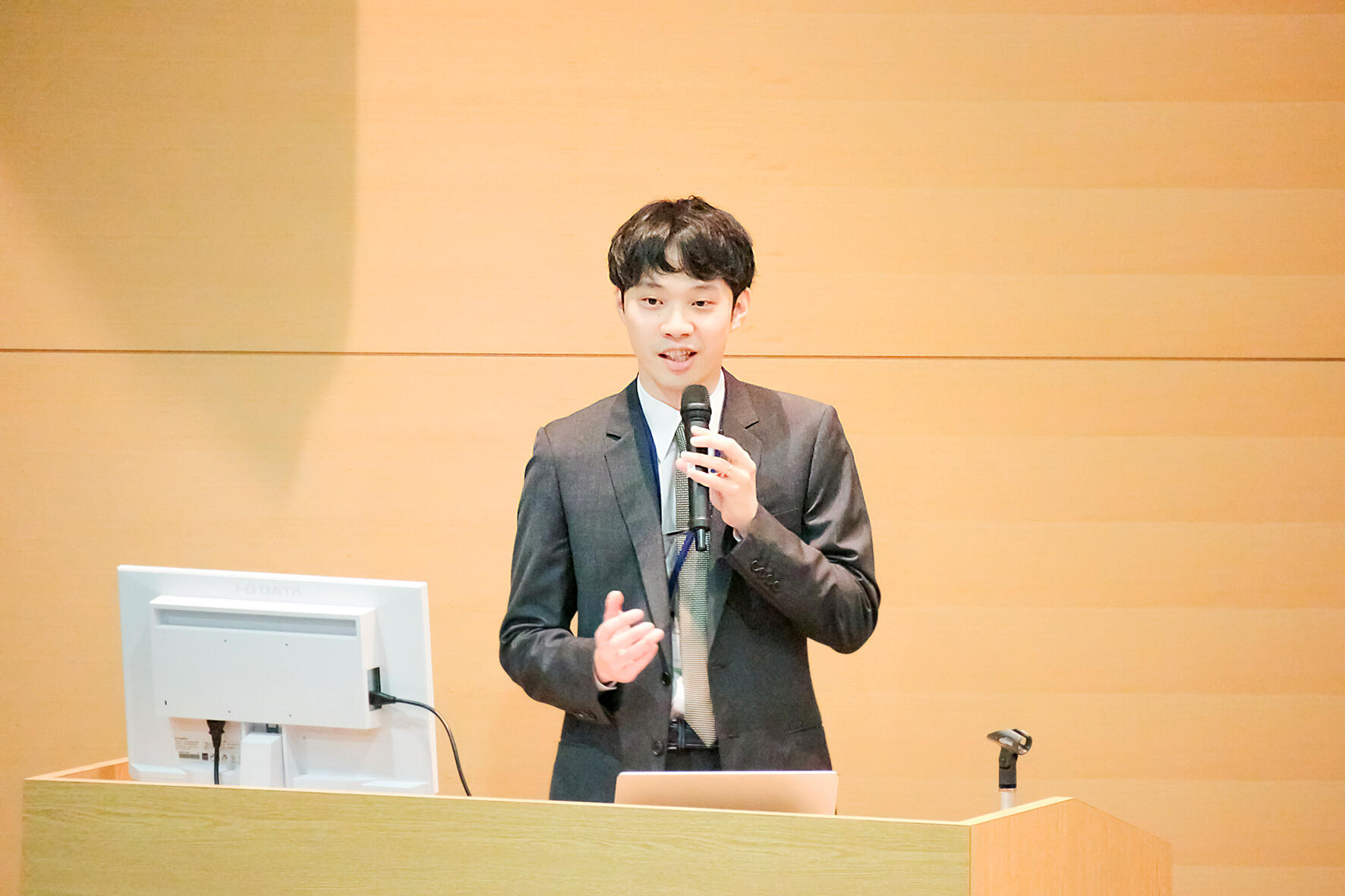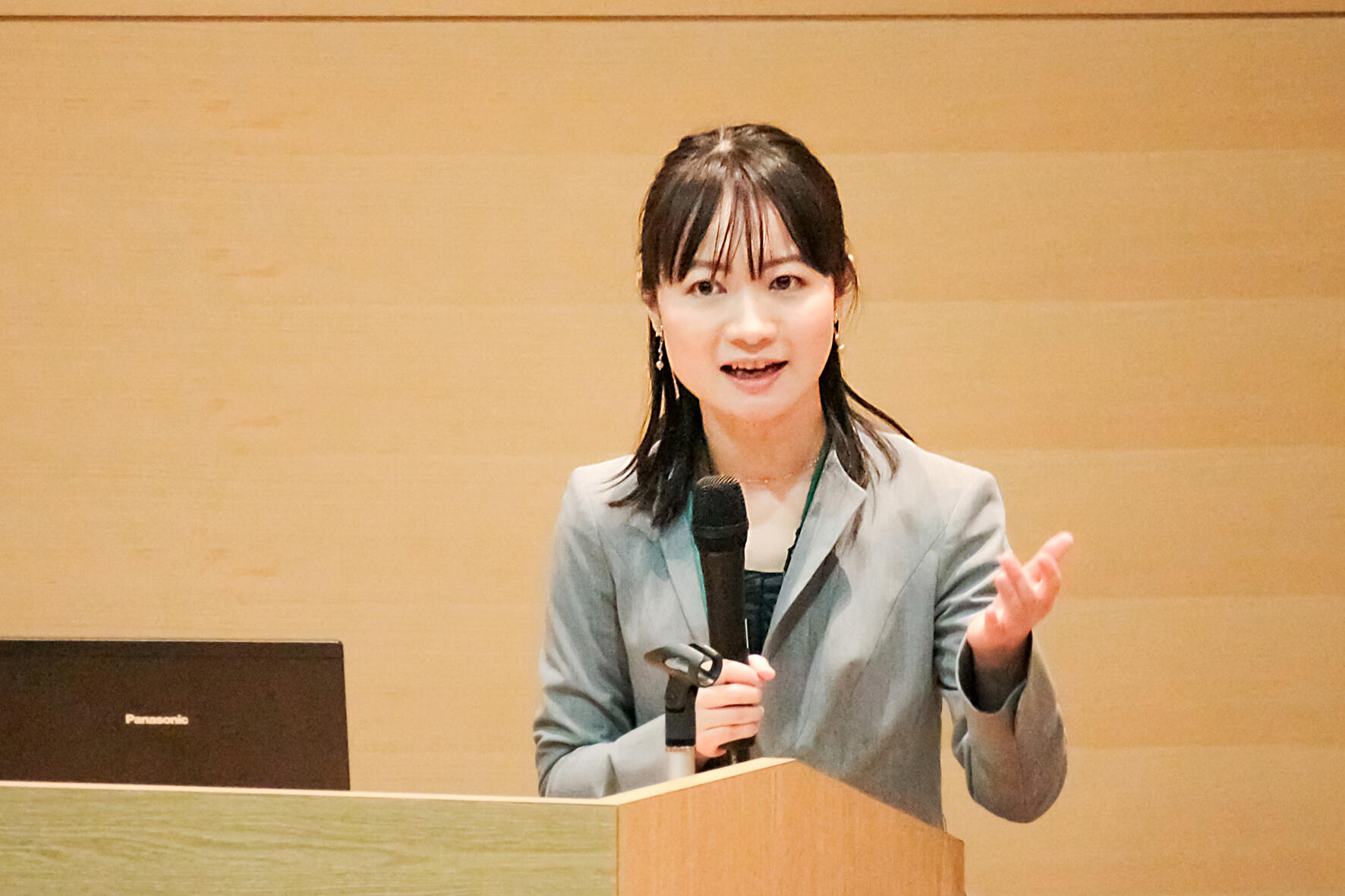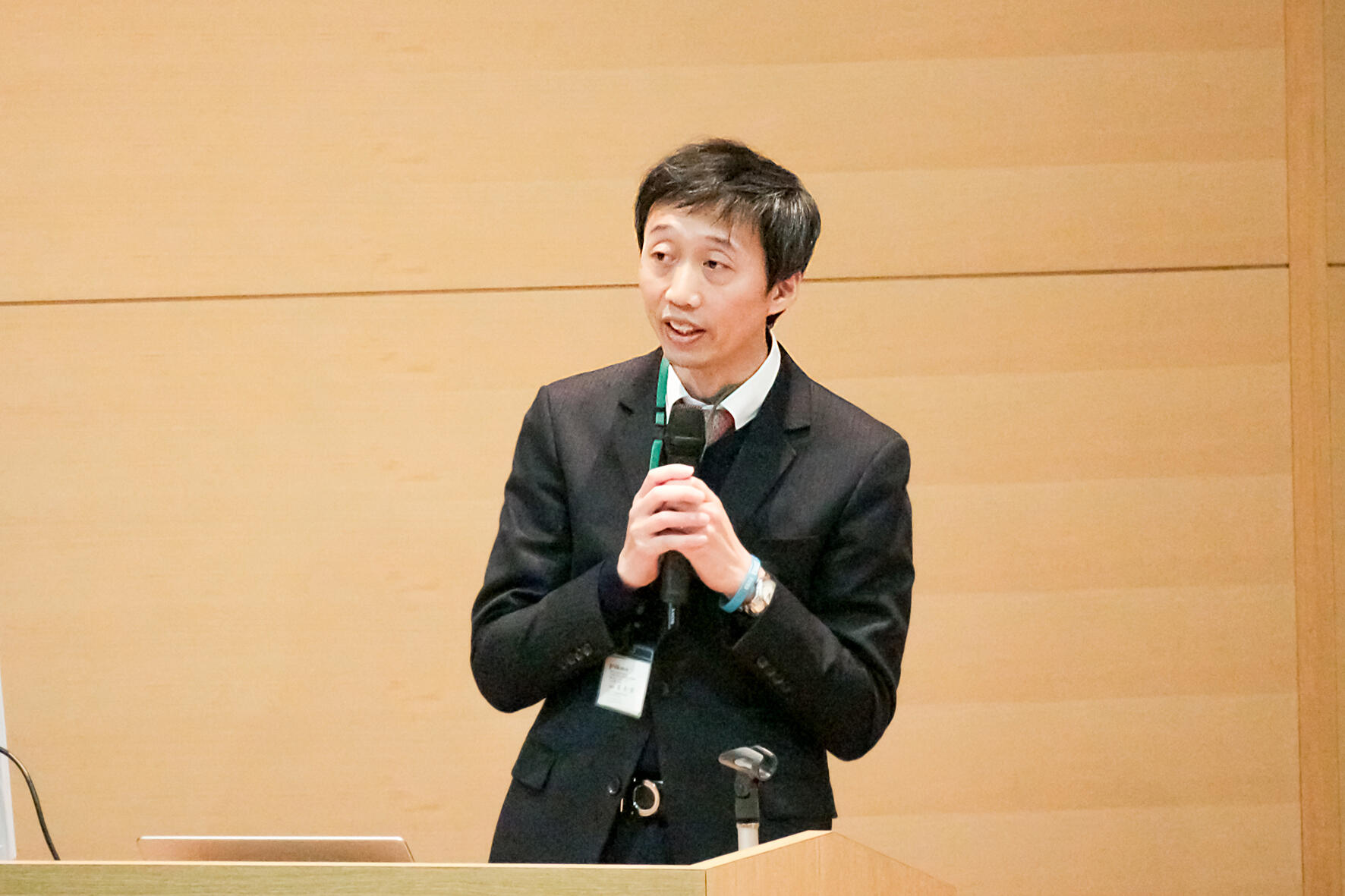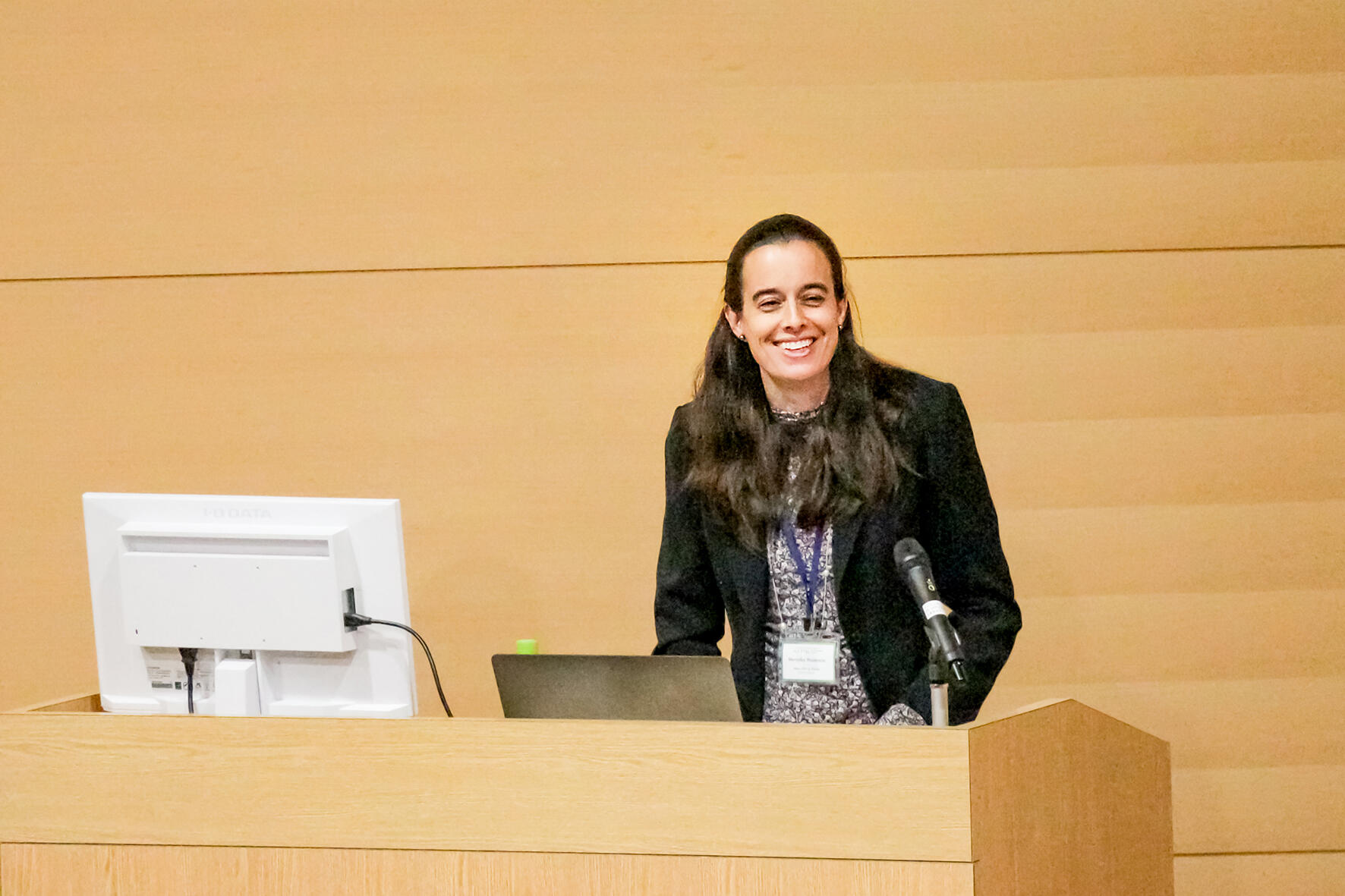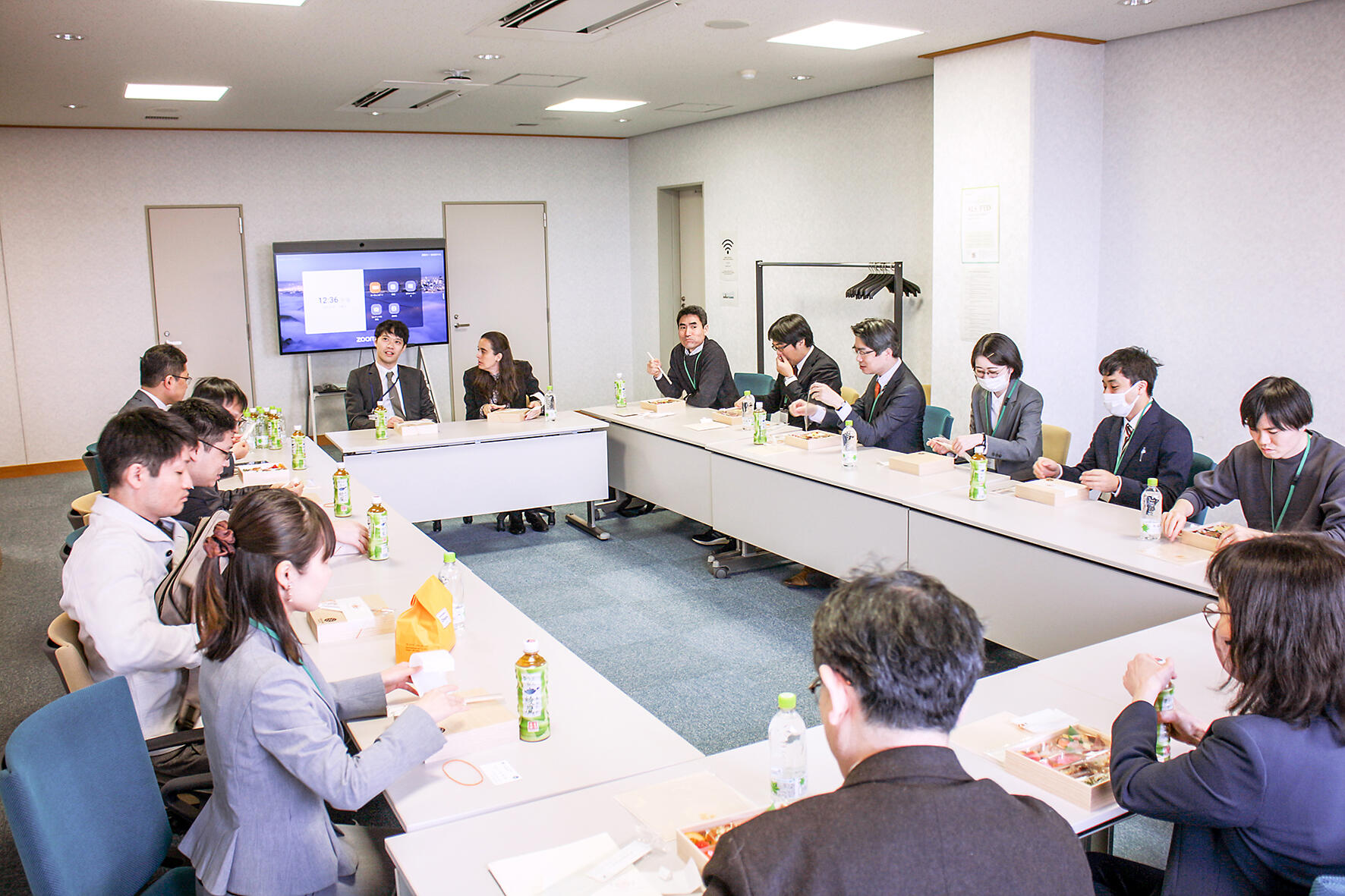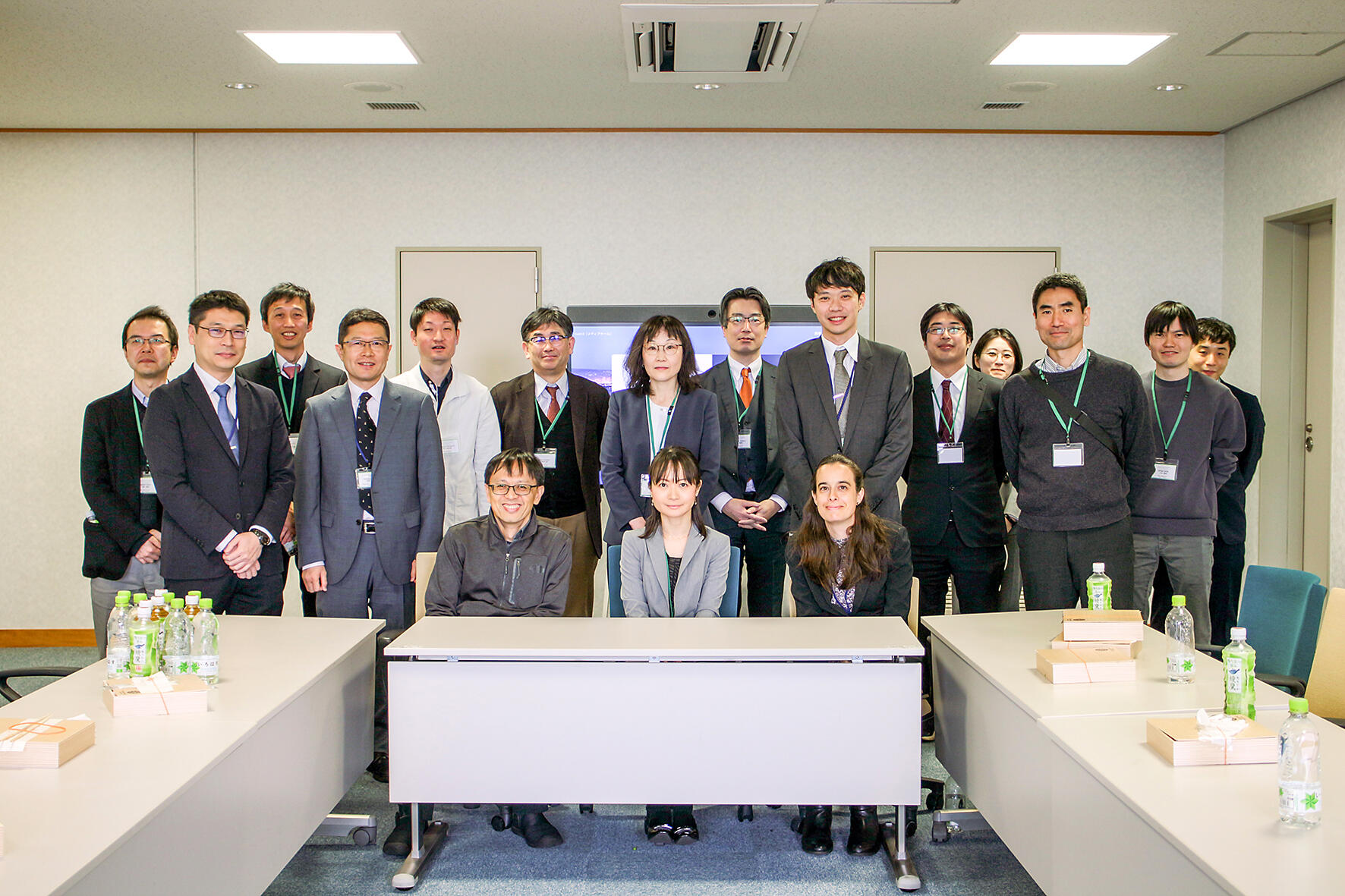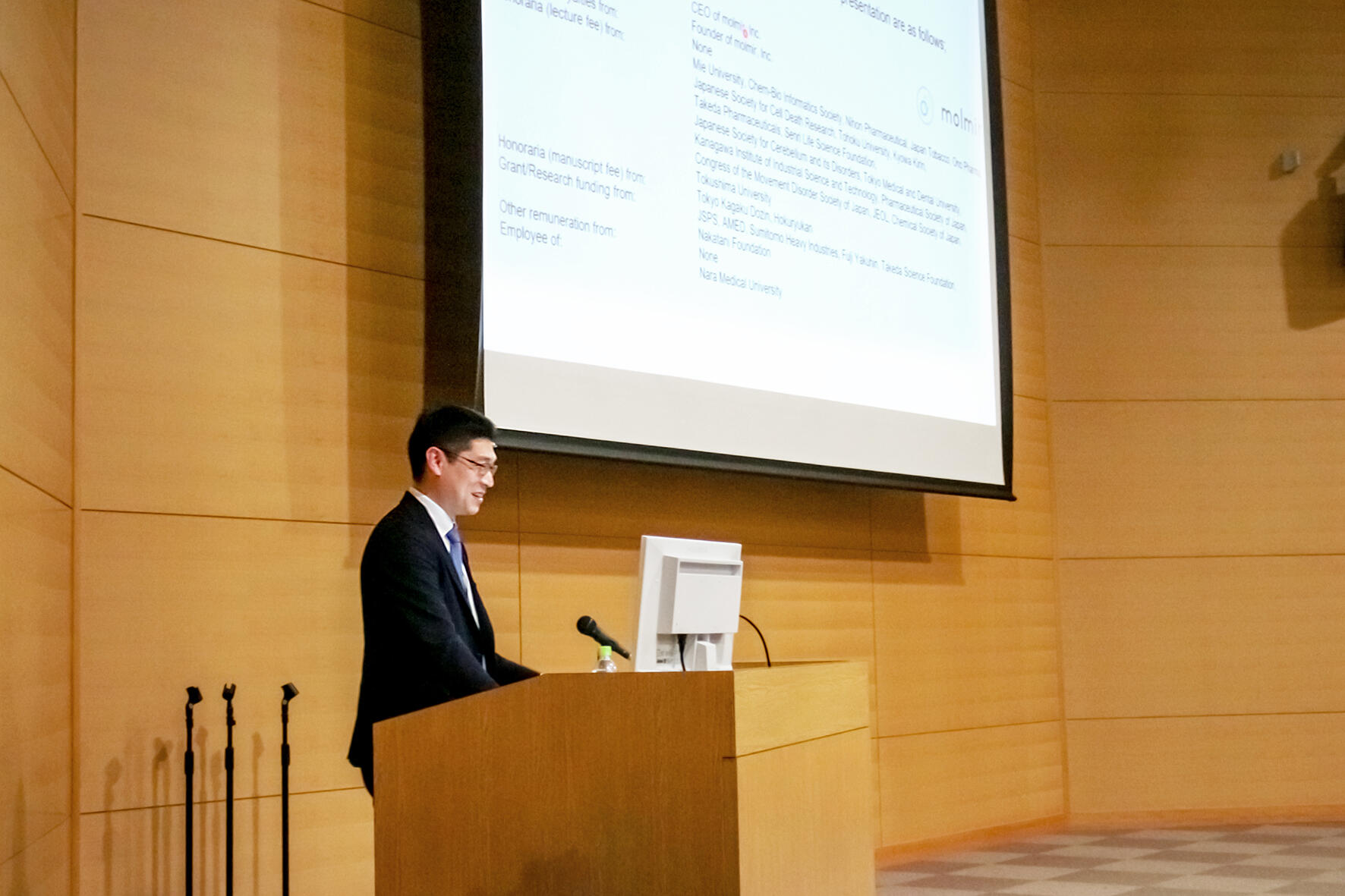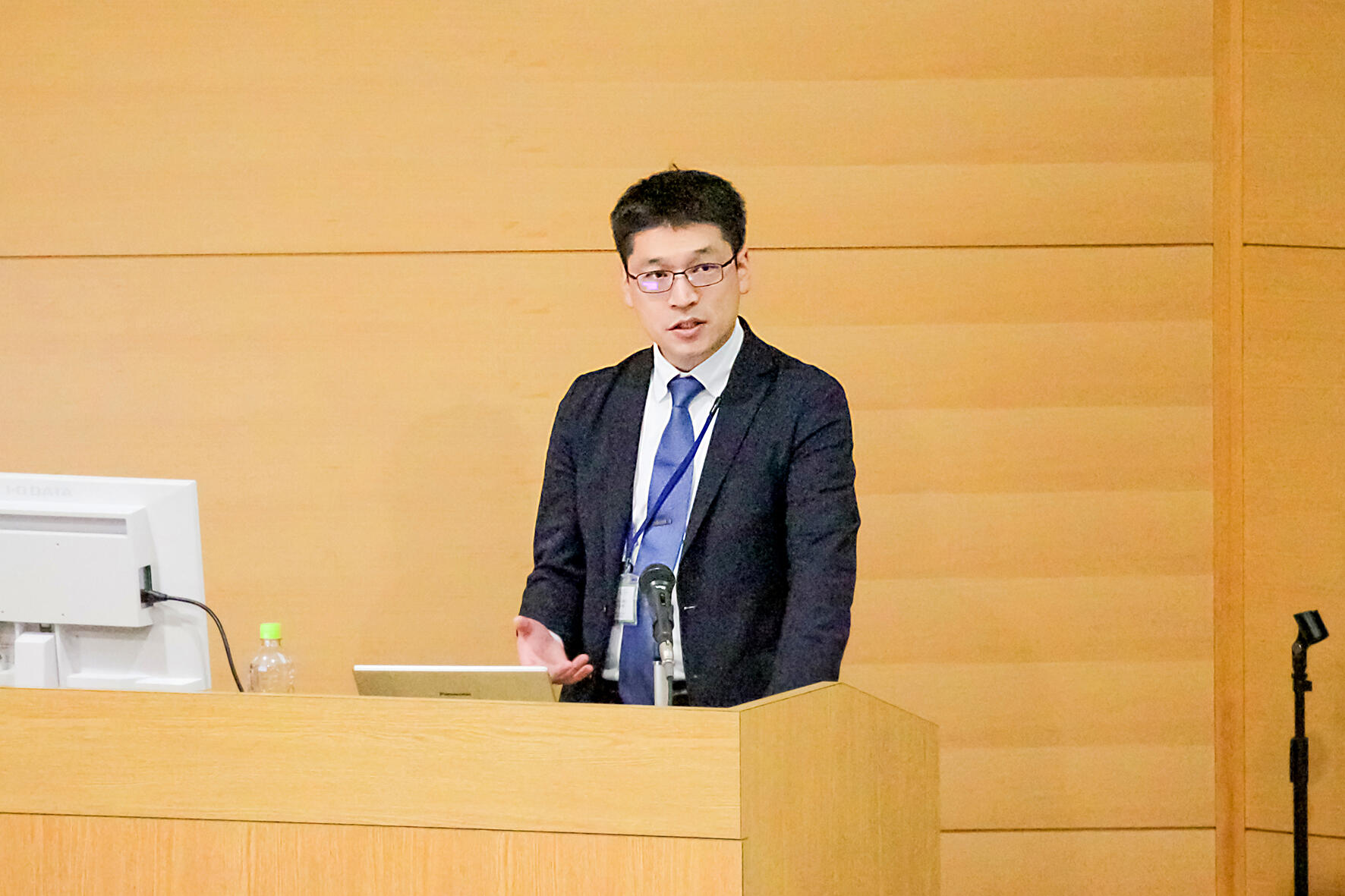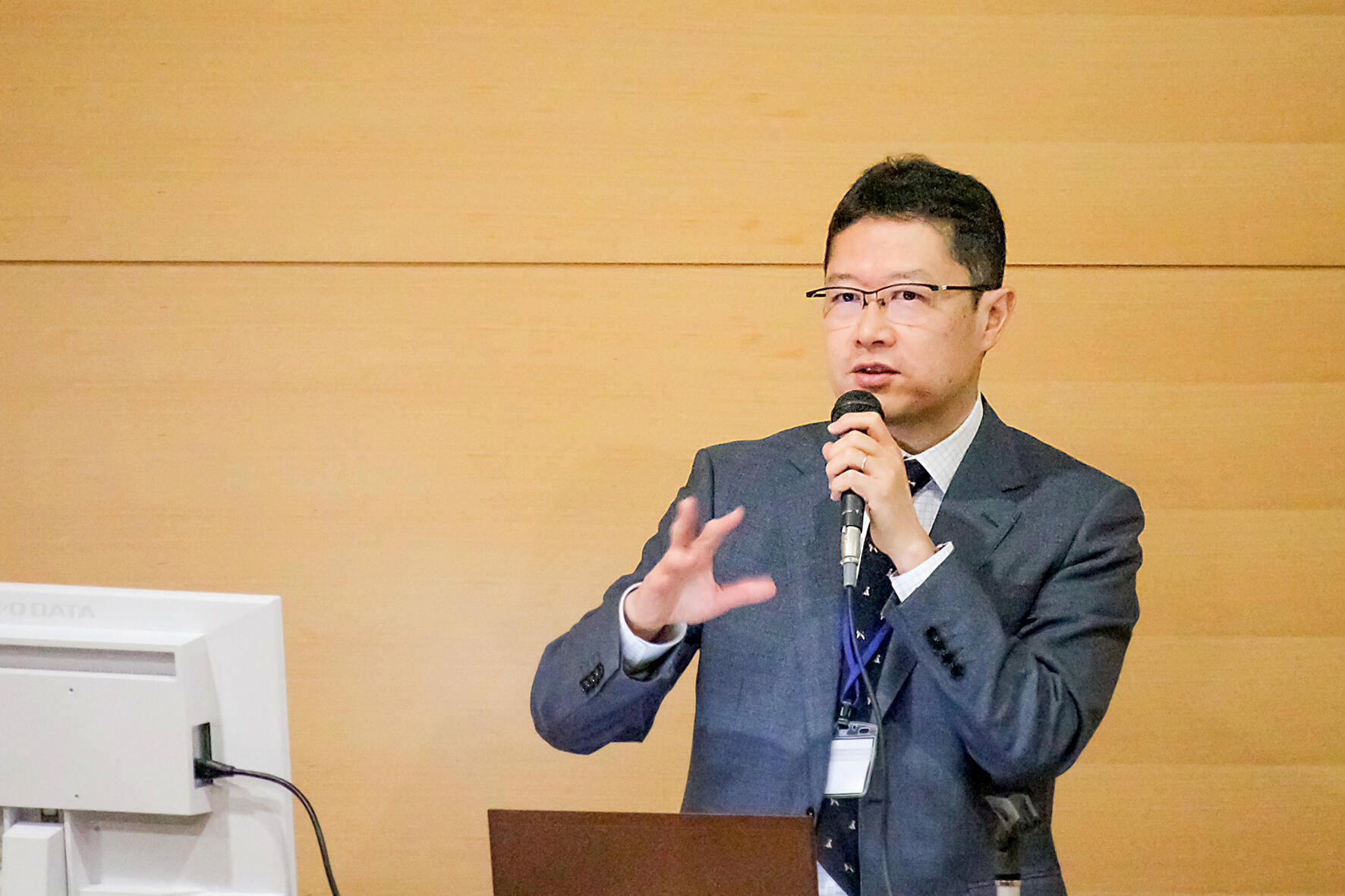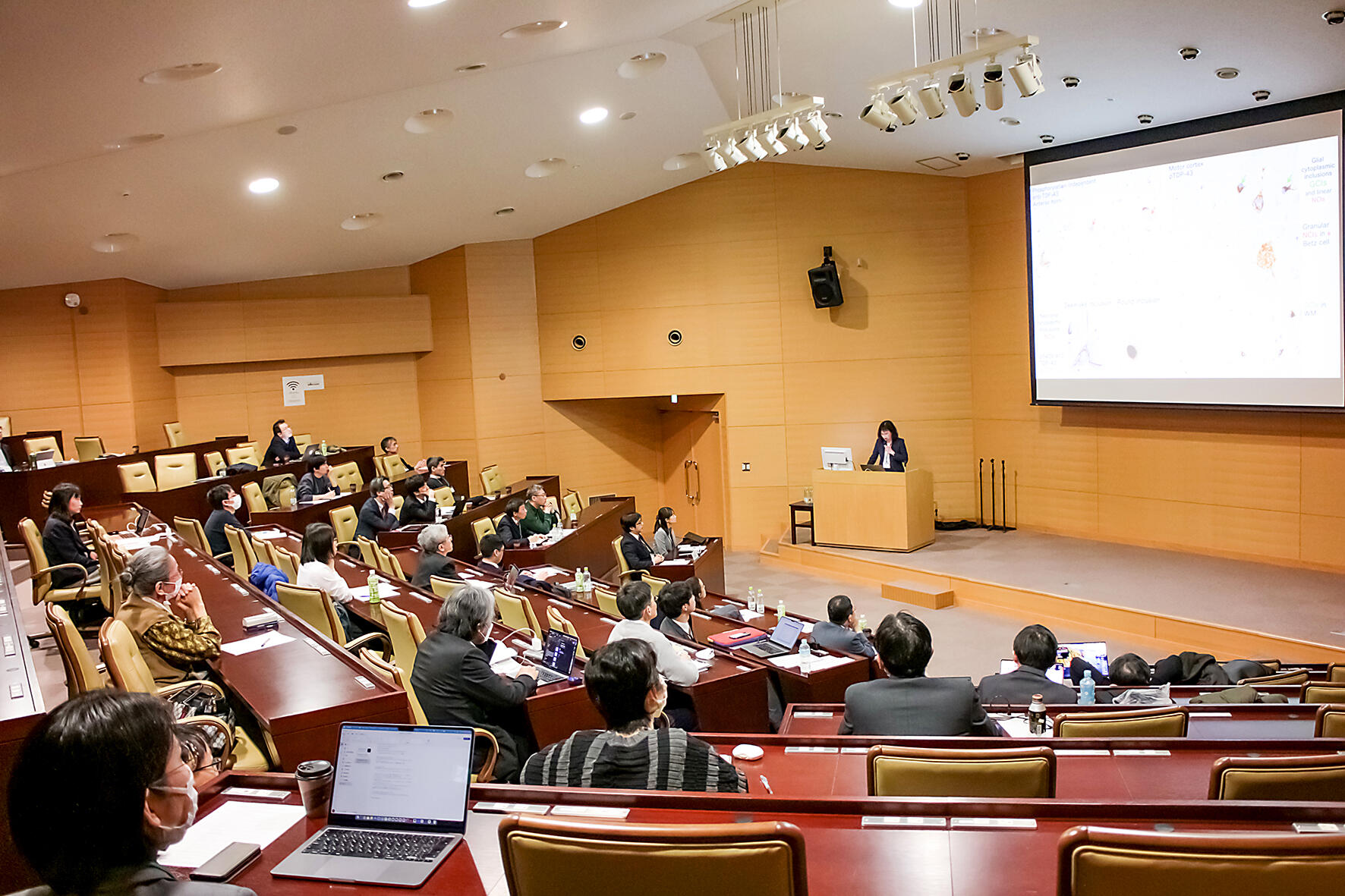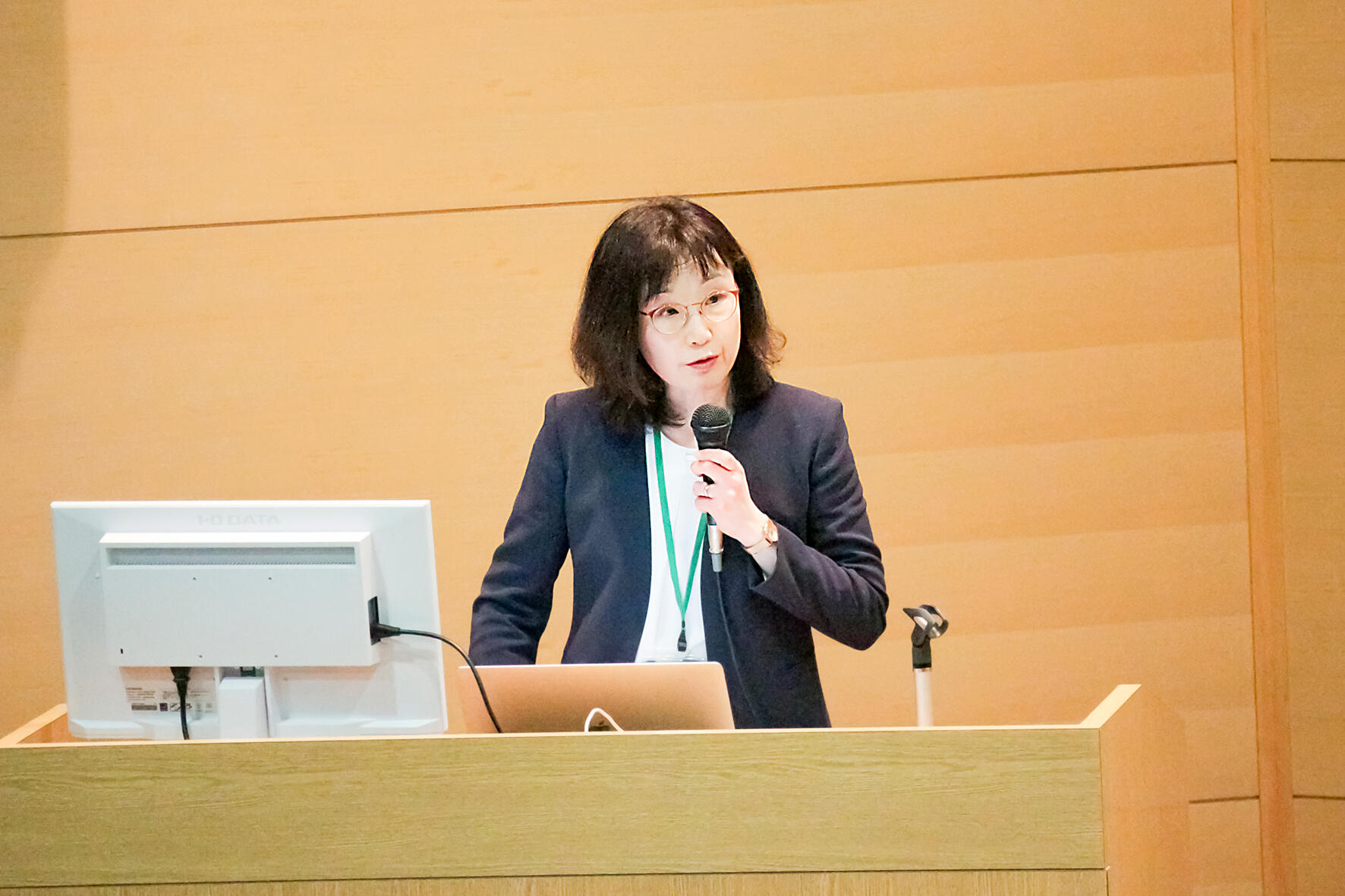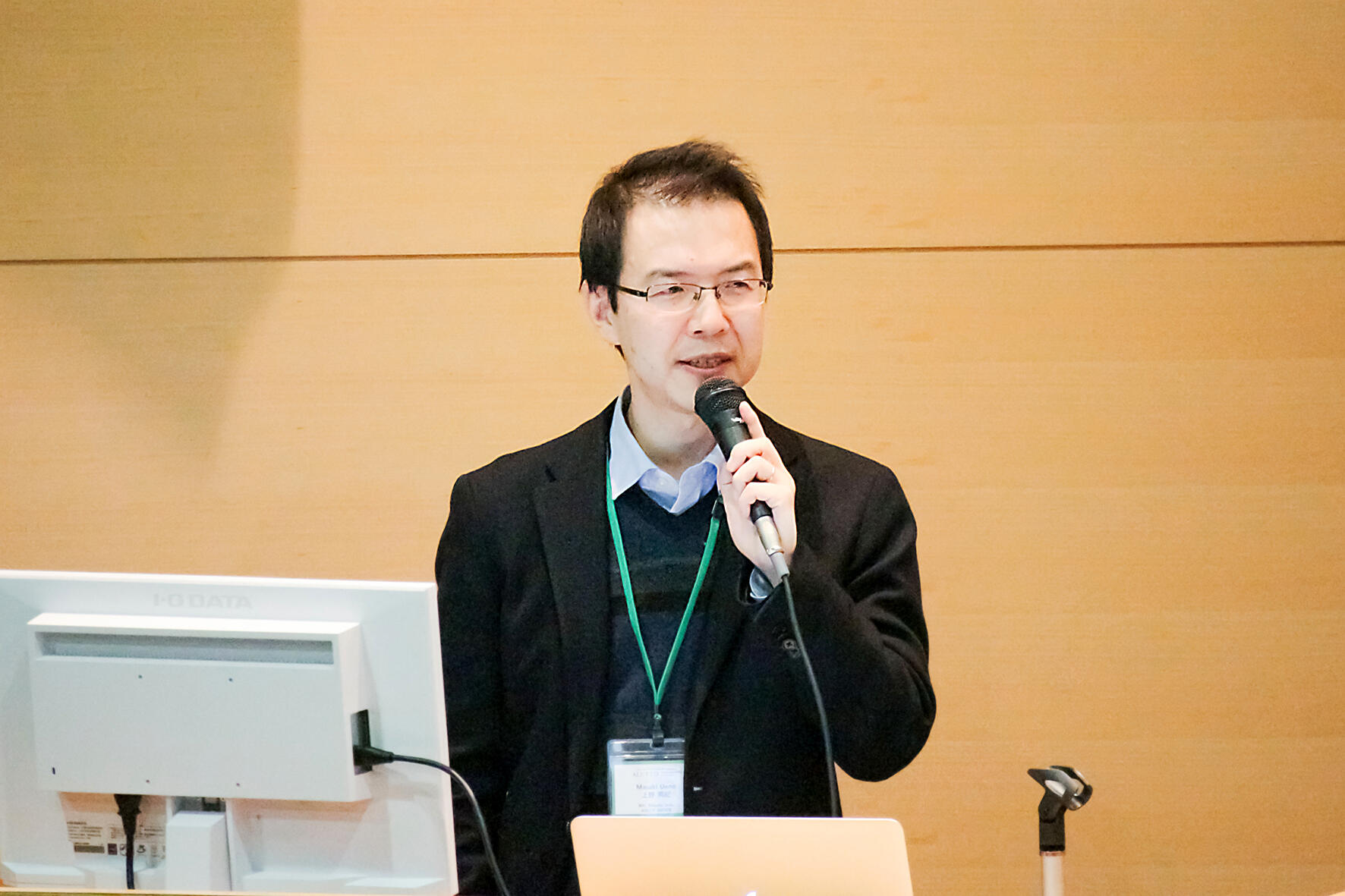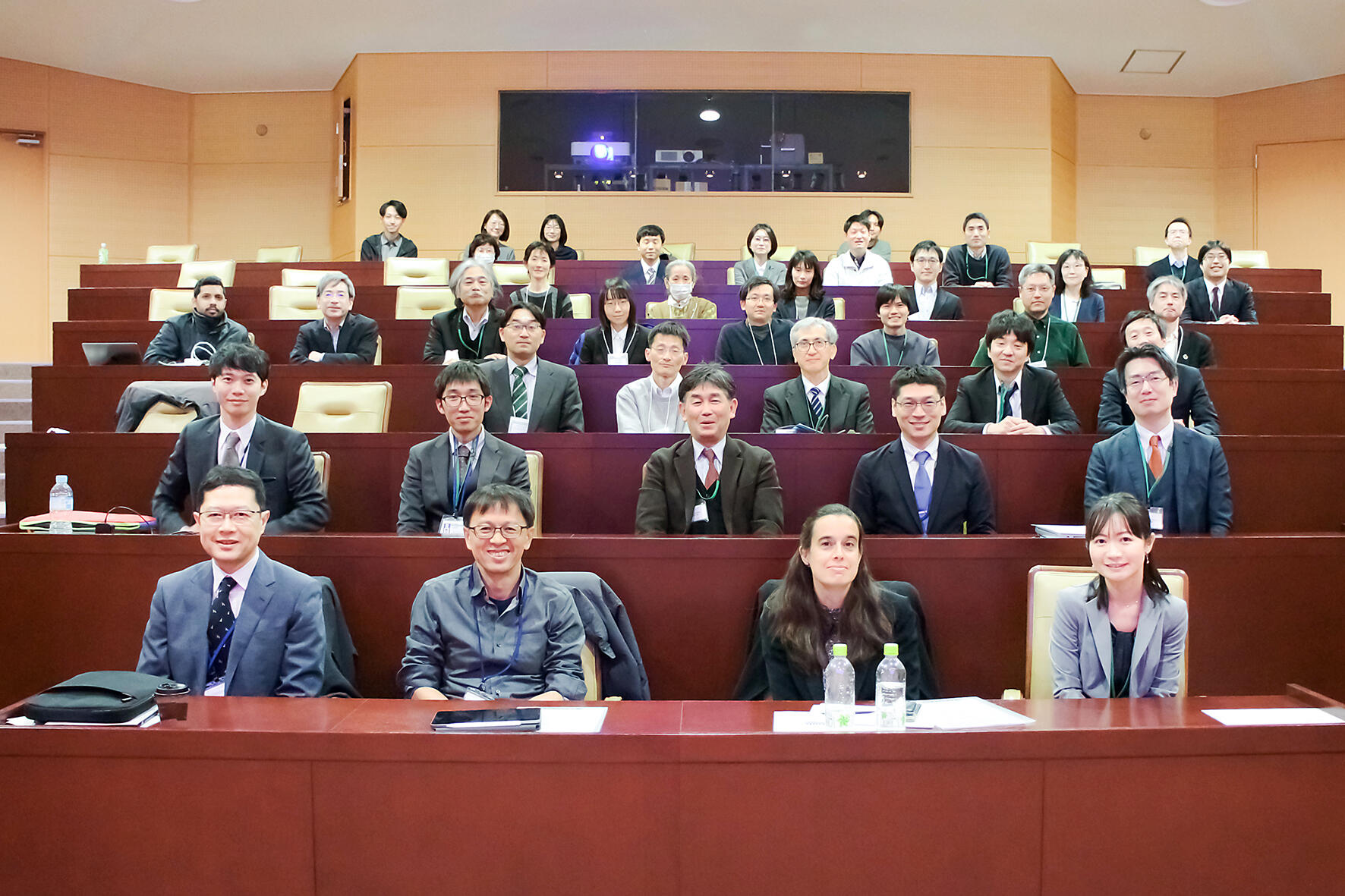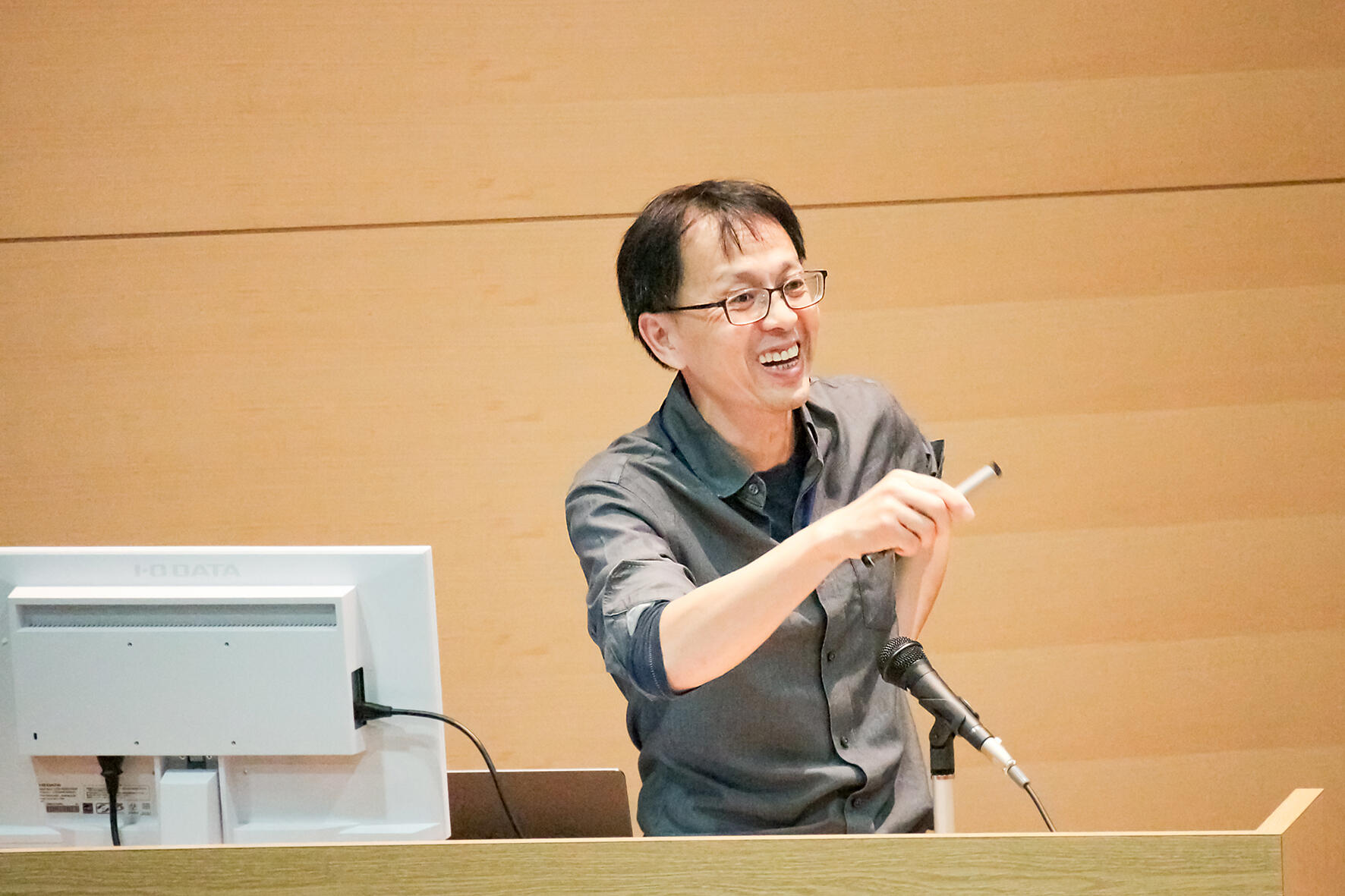2024.03.27
Report: The 14th BRI International Symposium
The 14th annual BRI international symposium took place at Brain Research Institute, Niigata University on March 24, 2024. The symposium focused on "ALS/FTD: in-depth understanding and up-to-date." This year marked the first time in four years that the annual event was held entirely on-site, and it proved to be a successful event with many attendees from both within and beyond the campus.
The focus of this year's symposium was on amyotrophic lateral sclerosis (ALS) and frontotemporal dementia (FTD), both characterized by progressive and challenging neurodegenerative conditions. We were honored to host two distinguished guest speakers from abroad: Dr. Mercedes Prudencio from Mayo Clinic in Florida, renowned for her expertise in RNA metabolism of TDP-43, the protein associated with ALS/FTD, and Dr. Shuo-Chien Ling from National University of Singapore, known for his research on the correlation between myelin and ALS/FTD pathology. The guest speakers from Japan included Dr. Shinsuke Ishigaki (Shiga University of Medical Science, Dr. Eiichiro Mori (Nara Medical University), and Dr. Yuzo Fujino (the Kyoto Prefectural University of Medicine/Kinki University), all of whom are deeply engaged in research within the ALS/FTD research field. From within Niigata University, Dr. Masato Yano (Graduate School of Medical and Dental Sciences), Dr. Masaki Ueno (BRI), Dr. Mari Tada (BRI), and Yuka Koike (BRI) shared their latest research findings during the symposium. Each of the nine speakers provided comprehensive insights into the latest research, spanning various levels of analysis, including molecular, cellular, brain tissue, neural circuits, and clinical perspectives. This multifaceted approach served to enhance our comprehension of ALS/FTD pathology. Furthermore, the symposium provided a valuable platform for all attendees to passionately contemplate the elucidation of pathology and strategies for developing early diagnostic techniques and fundamental treatments. Additionally, discussions extended to their broader applicability across neurological diseases, fostering collaborative thinking among attendees.
We sincerely thank all the speakers, chairs, and attendees at the symposium, as well as the administrative staff, for their efforts in preparing and organizing the event.
By Yuka Koike (Dept of Neurology/Dept of Molecular Neuroscience)





